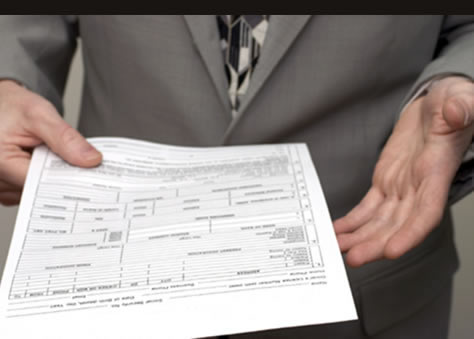 You’ve been between jobs for months, struggling from unemployment check to unemployment check. Your credit cards are maxed out, and your payments are tiptoeing against the deadline every single time. But you have a rocking resume, your interview skills are insanely sharp, and you can tell that last employer is ready to hire you.
You’ve been between jobs for months, struggling from unemployment check to unemployment check. Your credit cards are maxed out, and your payments are tiptoeing against the deadline every single time. But you have a rocking resume, your interview skills are insanely sharp, and you can tell that last employer is ready to hire you.
So how mad would you be to learn you’re about to be turned down for your job as an athletic trainer because two of your loan payments were 15 minutes late? We’re guessing furious. The scenario might seem far-fetched, but it’s exactly the type of thing that could happen to almost half of job applicants in the U.S.
Who Checks This Stuff?
 According to a recent report, 43% of employers consult credit reports of job applicants, an increase from 36% in 2006 and 25% in 1998. And they aren’t just checking on jobs related to handling money—many employers think a bad credit score signifies unreliability in general. You know it’s more of a sign that your lack of a job has hampered your ability to pay bills, but employers don’t always see it that way. Should they? We definitely think so. And logic will tell you that a credit check won’t come until fairly late in the recruiting process—sometimes after you’ve already accepted a position. If you’ve disclosed your social security number, you should be on high alert.
According to a recent report, 43% of employers consult credit reports of job applicants, an increase from 36% in 2006 and 25% in 1998. And they aren’t just checking on jobs related to handling money—many employers think a bad credit score signifies unreliability in general. You know it’s more of a sign that your lack of a job has hampered your ability to pay bills, but employers don’t always see it that way. Should they? We definitely think so. And logic will tell you that a credit check won’t come until fairly late in the recruiting process—sometimes after you’ve already accepted a position. If you’ve disclosed your social security number, you should be on high alert.
Know Your Rights
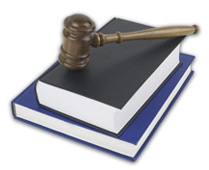 An employer who intends to conduct a background check (which may or may not include your credit history) is required to get your signed permission before doing so. They are legally required to obtain this permission on a form completely separate from any other questions—it can’t be on a job application, for instance. But once you’ve signed away that right, they don’t need to ask again. You can read your rights in greater detail here. Technically, an employer is required to tell you if an outside credit report was the deciding factor in taking negative action against you (firing or refusing to hire you). But it’s fairly simple for them to attribute the decision to other factors, and if they conducted the search independently, the Fair Credit Reporting Act doesn’t cover their search at all. Your rights are somewhat limited.
An employer who intends to conduct a background check (which may or may not include your credit history) is required to get your signed permission before doing so. They are legally required to obtain this permission on a form completely separate from any other questions—it can’t be on a job application, for instance. But once you’ve signed away that right, they don’t need to ask again. You can read your rights in greater detail here. Technically, an employer is required to tell you if an outside credit report was the deciding factor in taking negative action against you (firing or refusing to hire you). But it’s fairly simple for them to attribute the decision to other factors, and if they conducted the search independently, the Fair Credit Reporting Act doesn’t cover their search at all. Your rights are somewhat limited.
What Can You Do About It?
 A bill currently in congressional committee, H.R. 3149, would prohibit employers from using applicants’ bad credit checks against them. You can track the progress of that bill here. But if you aren’t willing to rely on Congress to act before your prospective employer does, you might want to take matters into your own hands. The first and most important step is to obtain a copy of your credit report (you can do this for free on an annual basis). Not only will this show you the glitches you might already be concerned about, but it will also show you potential landmines you had nothing to do with. You could be the victim of identity theft or an accidental error on someone else’s credit application. Either way, you need to make sure there’s nothing erroneous. You can dispute errors in your credit report, but what about the legitimate blemishes? Be wary of credit reparation services that offer to erase your mistakes—they’re more likely to take away your money and nothing else. Reputable agencies can help you expedite disputes and clear outdated infractions, but they can’t work magic or break the law. Ultimately, the lesson is to be wise with how you handle your finances. When cash flow is tight, keep the credit cards under wraps as though your next job depended on it—because it very well may, until Congress does something about it.
A bill currently in congressional committee, H.R. 3149, would prohibit employers from using applicants’ bad credit checks against them. You can track the progress of that bill here. But if you aren’t willing to rely on Congress to act before your prospective employer does, you might want to take matters into your own hands. The first and most important step is to obtain a copy of your credit report (you can do this for free on an annual basis). Not only will this show you the glitches you might already be concerned about, but it will also show you potential landmines you had nothing to do with. You could be the victim of identity theft or an accidental error on someone else’s credit application. Either way, you need to make sure there’s nothing erroneous. You can dispute errors in your credit report, but what about the legitimate blemishes? Be wary of credit reparation services that offer to erase your mistakes—they’re more likely to take away your money and nothing else. Reputable agencies can help you expedite disputes and clear outdated infractions, but they can’t work magic or break the law. Ultimately, the lesson is to be wise with how you handle your finances. When cash flow is tight, keep the credit cards under wraps as though your next job depended on it—because it very well may, until Congress does something about it.
For related articles about personal branding and job search, review these articles: Personal Branding Interview: How Mark Cummata Got a Job Through Twitter
What Should You NOT Do At a Networking Event
Your Professional Brand Pre-During-Post Interview
For more on career tips, check out these posts:
 Social Media and Employment |
 Stop Auditioning for Jobs! |
|---|
| Join Us On Twitter: |
|---|
 |
|---|
| Like Us On Facebook: |
|---|
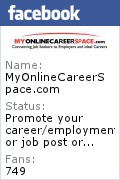 |
|---|

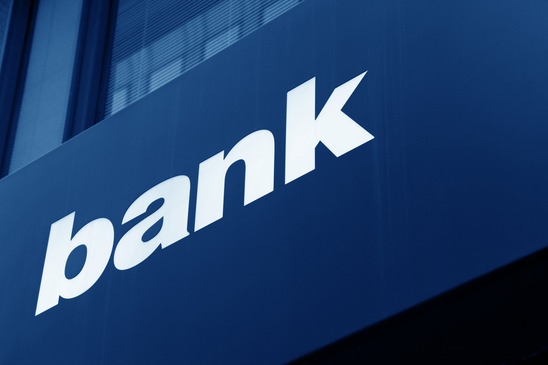
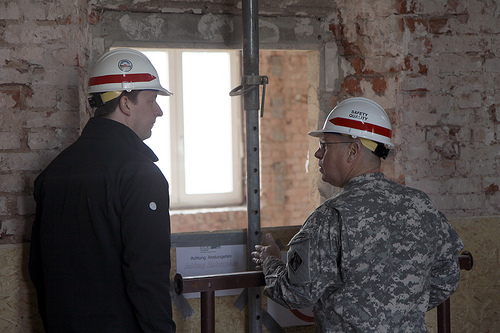


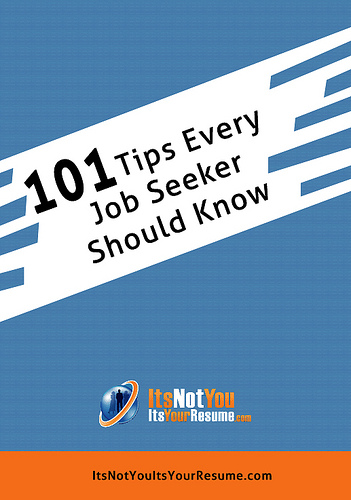




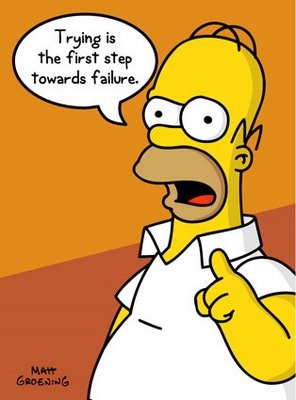

![Higher Learning Leads to Higher Earnings, Especially for Men [InfoGraphic] Higher Learning Leads to Higher Earnings, Especially for Men [InfoGraphic]](../4022/4340939642_374fbff6e3_m.jpg)
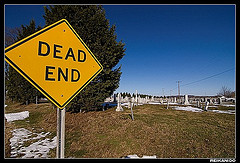
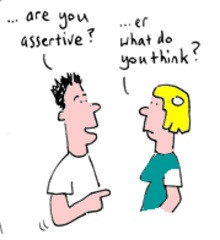




15 Responses to “Check Your Credit? Your Employer Will”